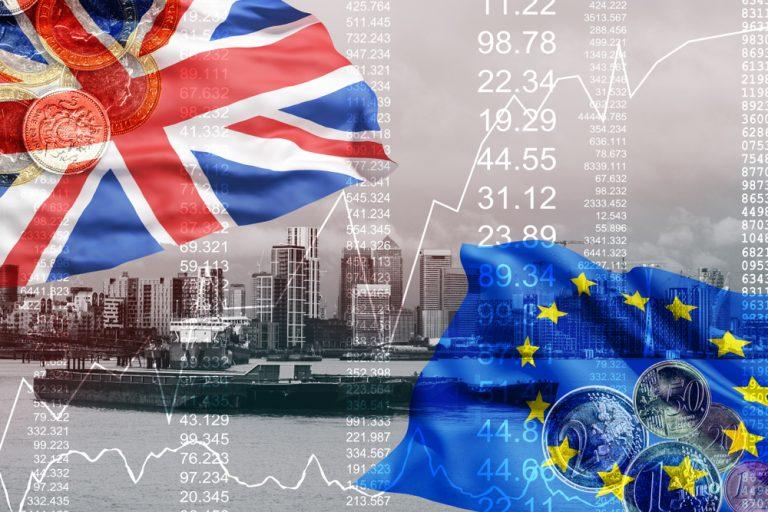
With a mere 64 days to go until Britain is due to leave the EU, the government is no closer to securing a deal that can command support in Parliament.
For many Brexiteers, leaving the EU was seen as a way to take control of the UK’s economic and political destiny.
However, with no discernible plan in place it seems Britain is at present – a rudderless ship.
As many UK-based companies keep on warning, there is nothing businesses hate more than uncertainty, and so far, Brexit seems to denote just that.
Today, Airbus called Brexit ‘a disgrace’ after announcing potential closures to many of its UK factories.
Yesterday, luxury fashion brand Burberry expressed concern over the cost a no-deal could have upon its business.
Whilst many have dismissed economic warnings as scaremongering, many of the UK’s biggest businesses are starting to sound the alarm.
Here we consider three reasons why Brexit – plan or no plan – may very well plunge the UK into a recession.
- A cooling property market
Ultimately, it is not just businesses that are feeling the chill from Brexit-related economic headwinds.
The UK’s property market has slumped in recent years, with economic uncertainty continuing to deter domestic and overseas buyers.
According to the latest figures from the Office for National Statistics (ONS), the average UK house price was £231,000 in November 2018 – an increase of £7,000 from the same period a year ago.
However, on a non-seasonally adjusted basis, average house prices in the UK dipped by 0.1% between October and November 2018, perhaps suggesting further trouble upon the horizon.
Moreover, a new report from the Royal Institution of Chartered Surveyors (RICS) has revealed that house prices will only continue to stagnate in 2019.
Thus far, the Bank of England has also warned that a disorderly Brexit could lead to house prices plummeting as much as 30%, suggesting further bad news for the British economy.
Whilst RICS have since dismissed this BoE estimation, the UK housing market is already showing worrying signs of stagnation, with no foreseeable signs of respite.
The previously buoyant property market in the capital seems to be suffering the most, with buyers proving weary to invest in the UK.
Whilst the ONS said annual house price growth hit 2.8% for November, it was London and the South-East that continued to drag down figures.
Whilst property in London has long been unaffordable and many have welcomed a much-needed price correction, a considerable slowdown in the capital only spells bad news for the wider economy.
2. The mass exodus of businesses
According to the EY financial services Brexit tracker, since the Referendum vote 34% of the 222 companies tracked had confirmed or were considering shifting operations out of the UK because of Brexit.
One of the biggest contributors to the UK economy remains the financial services industry, with the city proving a leading financial hub.
However, with big banks such as Deutsche Bank and Barclays (LON:BARC) leaving the UK, this all but foreshadows the end of London’s reign as a financial epicentre, with Frankfurt and Luxembourg standing the most to gain.
In addition, major companies such as Airbus, Sony and EasyJet have all also announced plans to relocate operations out of the UK in the near future.
3. No trade deal
Theresa May’s government has said it is committed to fulfilling the 29th of March deadline. In fact, May has often re-affirmed that ‘a bad deal is worse than no-deal’.
Nevertheless, MPs are jittery over the prospect of the UK crashing out of the EU without a trade deal, and rightly so.
A lack of trade deal would create chaos for the global economy, as well as the UK’s own.
Should the UK come crashing out of the EU with no agreement in place, trade with the bloc would have to abide by World Trade Organisation rules.
This would mean a rise in custom checks and tariffs. All produce crossing EU borders would face tariffs of up to around 38%, meaning most things post-Brexit would be more expensive.
Whilst this would undoubtedly hurt the everyday consumer, it would also severely impact businesses which import parts from EU member states and assemble them in the UK.
Moreover, the rights of EU citizens in the UK and vice versa would not have any protections under such a scenario.
Whilst May has repeatedly stated that EU citizen rights are a key priority for the government, a no-deal Brexit would make their status at best ambiguous, creating only further uncertainty for businesses and staff.
